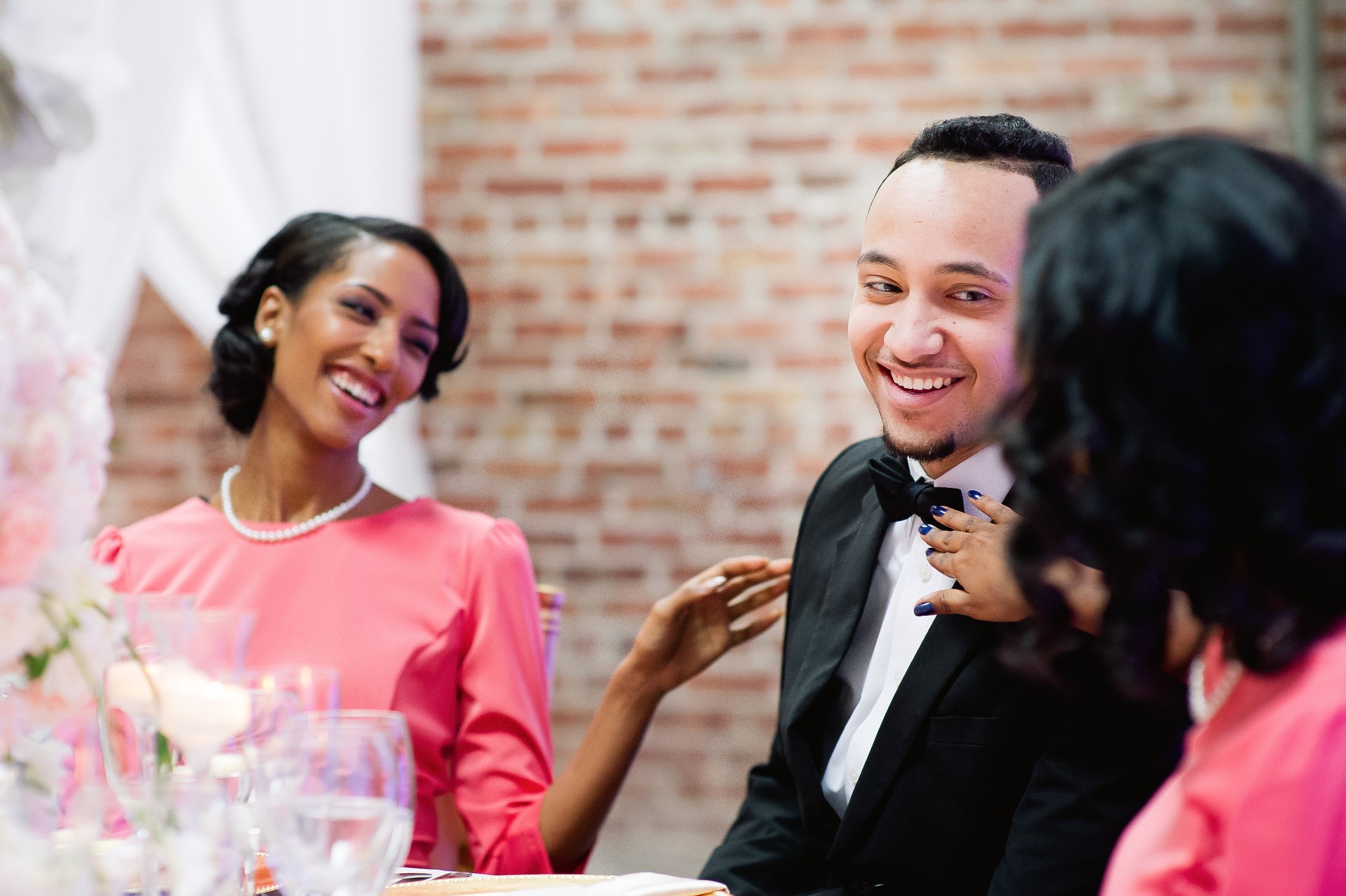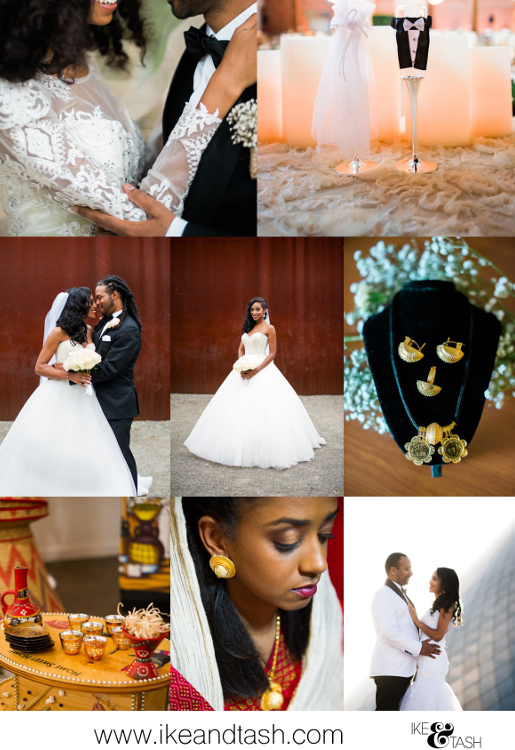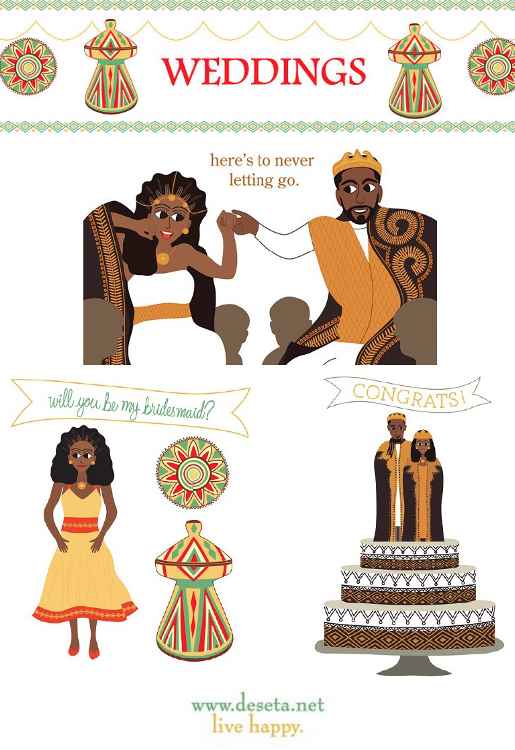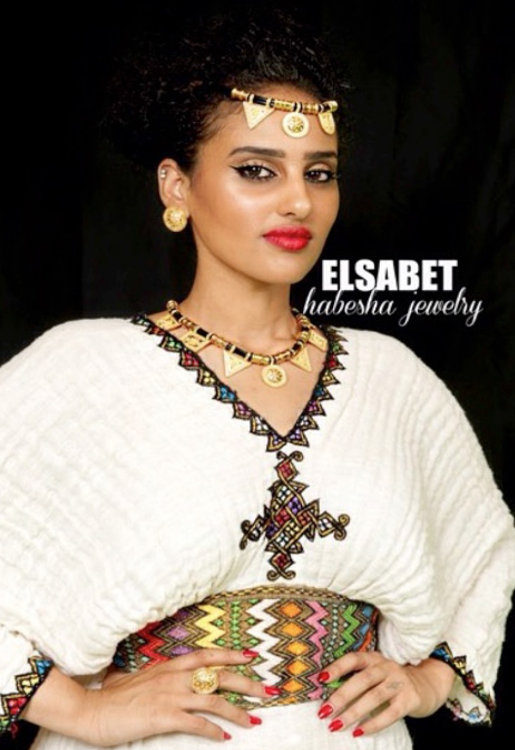|
Marrying into a Habesha Family

Before You Scare Your Non-Habesha Significant Other… You are dating someone who is non-habesha and you feel like you are ready to introduce them to the Habesha world….Exciting!! but before you do here are some ways to smoothly introduce us to your culture. Make them feel as if they are a part of the culture. 
Introduce him to other Habesha American friends who understand the challenge of living in America and being of a different culture. Adjusting to the many elements or characteristics that make up a person of the Habesha Culture can be intense. Discussing these challenges with Habesha people born in the states will be helpful as you try to see things through a different cultural lens. The reason it’s encouraged to have these conversations with people born in the states is because many of them have a different perspective than their parents who may have been born and raised in African and see things through a very unique but different lens. While both perspectives will be important starting this way will simplify things while helping with exposure and assimilation into habesha culture. Most Habesha families are large and consistent of even more overwhelmingly large extended family as well (people not blood related but who you or your parents were raised with and therefore are considered family). While it’s important for the groom to meet all of these people (the family) it’s equally important to do this in waves if possible. It’s said that the number one fear in the world is public speaking and rightfully so. It’s terrifying to speak in front of people regardless of the topic but it’s easier after you’ve practiced a few times and have a rhythm. So, giving your groom the best chance at success by staggering these “public appearances” would provide him with the comfort he will need to survive the wedding and other family gatherings. 
Encourage them to learn the language and offer advice on the best ways to learn it. You may even want to give them a Habesha nickname. There are some really good smartphone apps that make it easy to translate common words and depending on where you’re located, there are language classes. 
Although Habesha food is delicious, don’t be offended if it takes some time for your significant other to get use to all of the various dishes. Once you find a dish that they like, then try making it together or go to a restaurant that makes it well for date night. 
Have the discussion with parents earlier, rather than later, about a non-Habesha person marrying into the family. 
If appropriate, discuss how aligned the religion is with the culture itself. You and the groom should discuss your desires and expectations for the wedding prior to meeting with the family. Although marriage is between a man and a woman it is equally about two families becoming one and therefore your family and particularly your parents may desire to have more input than you and your groom are comfortable with. That is why it’s important to have a candid conversation about what your dream wedding entails prior to discussing it with the family. This way, both bride and groom can be clear about what is negotiable and what isn’t. Following these suggestions will help assimilate your non-habesha groom into your habesha family and allow for smoother wedding planning experience for the both of you.
More Photos
|
Venues
Vendors
|




